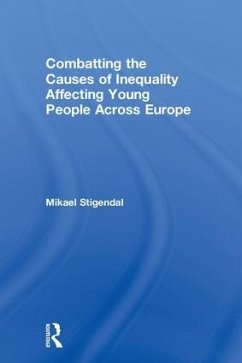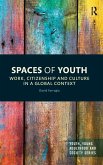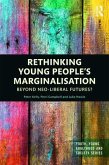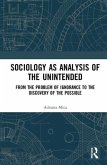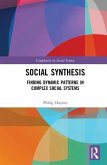Inequality is one of the most burning issues of our time. It has increased extensively across Europe in recent years. In particular, young people have been affected. What does that depend on? How can it be understood? And most importantly, what can actors at different levels do about it? These are the driving questions of this book. The answers will draw mainly on a European research project where research has been carried out in 10 European cities. In a theoretically ambitious analysis, this book both applies and develops a cultural political economy approach by systematically aiming at integrating dynamics of current global capitalism in the research on inequality at the local level.
Hinweis: Dieser Artikel kann nur an eine deutsche Lieferadresse ausgeliefert werden.
Hinweis: Dieser Artikel kann nur an eine deutsche Lieferadresse ausgeliefert werden.

